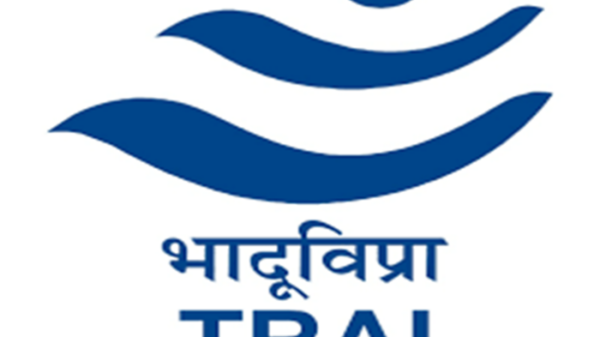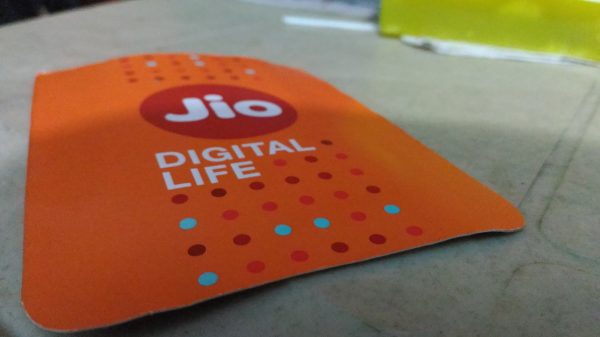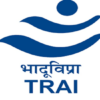By Aakash Hassan
This is the first in a series of articles chronicling the impact of the nearly year-long disruption in internet services in the Kashmir region, one of the longest in the world. Part one looks at how education has been affected.
Farmann Shabir was engaged in vigorous preparation for his class 10th board examination—supposed to be held in two months—when panic gripped Kashmir after a sudden increase in the deployment of forces on July 27. But Shabir chose to focus on his studies. The 17-year-old, who aspires to be a doctor, attended school during the day and he would read his books and watch video lectures online during the evening.
On August 4, Shabir went to bed as usual and woke up the next day to find his hometown, Awantipora in Southern Kashmir, draped in a strange ghostly silence. That day, August 5, the entire region of Kashmir had been put under an unprecedented lockdown. Paramilitary forces had fanned out across the valley; the roads were sealed with the spread of coils of concertina wire.
There was also a digital blackout in place. All sorts of communication services, including the internet, mobile phone, and landline, had been snapped. Jammu and Kashmir was then stripped of its special status under article 370 of the Indian constitution and the restive state was divided into two union territories.
Shabir turned to the only recourse left for him, whatever books and study material he had available at home. “We hadn’t studied 30% of the syllabus. I decided to start working on it on my own,” he said.
The lack of internet access, however, made things very difficult. “Whenever I had confusion with anything in my studies, my teachers would help me out, but more than that it was the internet which was the most reliable tool,” he said. “Learning from the internet would make my job easy.”
Shabir, whose key focus was on his Science subjects, often relied on videos on the web that would explain and break down various topics for him. “When you watch a video about a topic from biology or physics, it is easier to grasp,” he said. But with no internet access, Shabir not only lost his most trusted and reliable source but was also “frustrated” with studying from books.
“Without the internet, suddenly studying became complex. It actually started affecting my mental health,” said Shabir. “I would face anxiety.”
Disruption in application processes
Coursework wasn’t the only thing that was impacted, the entire process leading up to exams also became complicated. Students like Shabir, who already had limited means to complete their syllabus, had to also maneuver around the complex application processes.
Usually, the students are required to submit examination forms to the Jammu and Kashmir Board of School Education through their schools. Deadlines for the same would previously be notified to students via the web, but this time students had no idea how to figure the dates out.
“Because of the lockdown, getting a newspaper was also difficult. That would have been one means where we could have been able to check these dates,” said Shabir. Forced to physically visit his school multiple times — which was also shut due to the lockdown — he finally learned of the dates from the school staff, who would show up once a week.
Even the exam schedules, which were previously published online, had to be passed around verbally to concerned students. Amid the restrictions and communication blockade Shabir was among the 65,000 students who appeared in the Class X board exams in Kashmir valley.
Shabir passed the exams with strong scores but he believes his marks could have been better had there been no internet shutdown.
The coronavirus lockdown – A double whammy
Now, in Class XI, studying science, Shabir was preparing to appear for the national entrance exam for aspiring medical students, when the coronavirus pandemic hit. He had hardly attended any classes when a lockdown was imposed on Kashmir on March 18 to prevent the spread of the deadly virus. Kashmir slipped from one lockdown to another.
The complete shutdown on all internet services remained for six months, with the union government lifting ban on January 25. The restoration of internet was however limited only to the obsolete and sluggish 2G services.
As the world and the rest of India moved to online classes, in the wake of the pandemic, schools in Kashmir were struggling to find means to set up remote classes due to slow-speed 2G’s limitations.
The government higher secondary school in Awantipora, where Shabir is enrolled, decided to send notes to the students through Whatsapp. “But this is not how I will be able to study,” said Shabir, who later enrolled with a private tuition center, where he has to attend the online classes. “The online classes are boring and at times frustrating. A word from teacher reaches after five minutes,” said Shabir, “at times, it takes 20 minutes to connect to the meeting.”
Continued access to even the sluggish 2G internet is not always guaranteed, which blackouts taking place at regular intervals sometimes lasting a few days. Whenever a gunfight breaks out between militants and government forces, the authorities move to snap internet access completely in that district or area. From January to June this year, there have been 55 instances, according to a report released by two Kashmir based Rights groups, JKCCS and APDP, when mobile internet services were completely shut.
Teachers have borne the brunt
The situation has also taken a toll on teachers in the region.
Mudasir Mir, a teacher at Government Higher Secondary School Kakapora, in south Kashmir’s Pulwama district, has to now teach in three classes what he would usually complete in one class. “It would take me a week to complete a particular section but now it takes more than three weeks for the same,” says Mir who has been teaching for five years now.
“Due to the slow-speed internet, there is no spontaneity. Besides, the regular network interruptions make it exasperating to teach,” Mir added.
These issues have led to many students disengaging from online classes. For instance, in April, Mir started a class of 32 students. “I would teach them online through video lectures. But within days, the students started showing disinterest and today I have only 11 students in the class,” says Mir.
This disruption, students say, is affecting their overall ability. “I don’t think we will be able to compete with outside world students with this quality of studies. It seems we are still stuck in the 20th century,” said Shabir.
Nasir Altaf Lone, a Political Science student at the Government Degree College Baramulla, was in the third semester when the college was closed after August 5. He is now in the fifth semester of his undergrad degree but hasn’t attended any classes since then.
“Our teachers tried to connect a couple of times online but due to the interruption in the network I couldn’t understand anything,” said Lone. “If the situation remains so, I will complete my degree by only appearing in the exams.”
Lone, at times, gets notes in PDF files to study for exams. “Even these files take hours to download,” said Lone.
Aakash Hassan is an independent journalist based in Srinagar.
Part Two: Kashmiri businesses teetering on bankruptcy, as year-long Internet shutdown chokes e-commerce





























